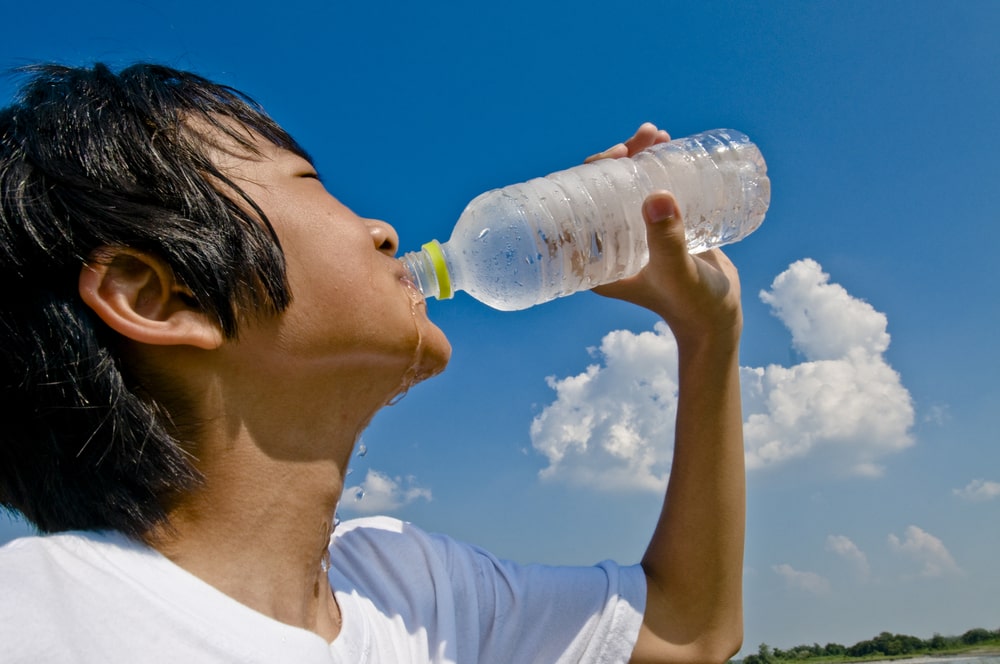Did you know that tooth decay is one of the most common chronic diseases worldwide? But what if the key to fighting it was already inside you? Saliva, often overlooked, plays a crucial role in maintaining a healthy mouth and preventing tooth decay. At Bur Oak Dental, we believe in empowering our patients with knowledge about their oral health.
This article will explore the multifaceted role of saliva in preventing tooth decay and provide actionable strategies for optimizing saliva production, helping you keep your smile bright and healthy.
What is Saliva and What Does It Contain?

Saliva is more than just water; it’s a complex fluid produced by the salivary glands, essential for a variety of functions in the mouth. Its composition includes:
- Water: The primary component, making up over 98% of saliva, which helps to cleanse the mouth and dissolve food particles.
- Electrolytes: Including sodium, potassium, calcium, chloride, and bicarbonate, which help maintain the pH balance in the mouth.
- Enzymes: Such as amylase, which starts the digestion of carbohydrates, and lysozyme, which has antibacterial properties.
- Proteins: Like mucins, which lubricate the mouth, and immunoglobulins, which help fight off infections.
- Minerals: Calcium and phosphate are crucial for remineralizing tooth enamel.
The Science Behind Saliva’s Protective Mechanisms
Saliva’s protective abilities stem from its unique composition and how it interacts with the oral environment. Here’s a deeper look:
Neutralizing Acids
After eating, bacteria in the mouth produce acids that can attack tooth enamel. Saliva acts as a buffer, neutralizing these acids and helping to maintain a healthy pH level.
Bicarbonate ions in saliva are particularly effective at buffering these acids, preventing them from causing damage.
Remineralization of Enamel
Tooth enamel can be damaged by acids, leading to demineralization. Saliva helps to reverse this process through remineralization.
Calcium, phosphate, and fluoride in saliva help to rebuild and strengthen enamel, repairing early tooth damage and preventing cavities.
Antimicrobial Action
Saliva contains several enzymes and proteins that combat harmful bacteria in the mouth.
Lysozyme breaks down bacterial cell walls, lactoferrin inhibits bacterial growth, and immunoglobulins target specific pathogens.
These components help maintain a healthy oral microbiome and prevent infections that can lead to tooth decay.
Protective Pellicle Formation
Saliva helps form a protective layer called the pellicle on the tooth surface.
This layer acts as a barrier against acids and bacteria, further protecting the enamel from damage.
The Impact of Dry Mouth (Xerostomia)
Dry mouth, also known as xerostomia, occurs when the salivary glands don’t produce enough saliva. This condition can significantly increase the risk of tooth decay.
Reduced saliva flow means less acid neutralization, less remineralization, and less antimicrobial activity, leaving teeth vulnerable to attack.
Individuals with impaired salivary flow can experience up to a 10-fold increase in the risk of developing dental caries.
Causes of Dry Mouth

Several factors can cause dry mouth, including:
- Medications
- Medical conditions (such as Sjögren’s syndrome)
- Radiation therapy
- Dehydration
- Mouth breathing
If you experience persistent dry mouth, it’s essential to consult with your dentist or healthcare provider to identify the cause and explore treatment options.
Strategies for Stimulating Saliva Production
Fortunately, there are several ways to stimulate saliva production and combat dry mouth:
Chewing Sugar-Free Gum
Chewing sugar-free gum is a simple and effective way to increase saliva flow. The act of chewing stimulates the salivary glands, promoting saliva production.
Gum containing xylitol is particularly beneficial, as xylitol helps encourage saliva production and kills cavity-causing bacteria.
The American Dental Association (ADA) also recommends chewing sugar-free gum to reduce plaque acid and strengthen teeth.
Staying Hydrated
Drinking plenty of water throughout the day is crucial for maintaining adequate saliva production.

Aim for the recommended daily water intake, which is generally around 8 glasses of water per day.
Dietary Changes
Certain foods can promote saliva production. Crunchy fruits and vegetables like apples and carrots require more chewing, which stimulates saliva flow. Aged cheese can also help neutralize acids in the mouth.
Conversely, avoid sugary drinks and acidic foods, which can decrease saliva production and harm tooth enamel.
Medications and Saliva Substitutes
If dry mouth is caused by medications or medical conditions, your doctor may prescribe medications like pilocarpine or cevimeline to stimulate saliva production.
Over-the-counter saliva substitutes, such as sprays and lozenges, can also provide temporary relief from dry mouth symptoms.
Practical Tips for Maintaining Optimal Saliva Flow
In addition to the strategies mentioned above, consider these practical tips for maintaining optimal saliva flow:
- Avoid mouth breathing: Try to breathe through your nose, especially at night.
- Use a humidifier at night: This can help keep your mouth moist while you sleep.
- Regular dental check-ups: Regular visits to Bur Oak Dental can help identify and address any issues affecting saliva production.
Conclusion: Drink More for Saliva Flow
Saliva truly is an unsung hero when it comes to oral health. Its ability to neutralize acids, remineralize enamel, and combat harmful bacteria makes it essential for preventing tooth decay. By understanding the importance of saliva and taking proactive steps to maintain optimal saliva flow, you can protect your teeth and enjoy a healthy, confident smile. If you have concerns about dry mouth or want to learn more about how to prevent tooth decay, schedule a consultation with Bur Oak Dental today.
We have three convenient locations in Markham, Ontario, and our friendly team is dedicated to providing you with the best possible dental care. New patients are always welcome!
FAQs About Saliva and Tooth Decay
Q: How can I tell if I have dry mouth?
A: Common symptoms of dry mouth include a sticky, dry feeling in the mouth, difficulty swallowing, a sore throat, and a hoarse voice.
Q: Is dry mouth always a sign of a serious medical condition?
A: Not always. Dry mouth can be caused by various factors, including medications, dehydration, and lifestyle habits. However, it can also be a symptom of certain medical conditions, so it’s essential to consult with a healthcare professional if you experience persistent dry mouth.
Q: Can children also experience dry mouth?
A: Yes, children can experience dry mouth for many of the same reasons as adults. It’s important to ensure children stay hydrated and maintain good oral hygiene to prevent tooth decay.
Q: Are there specific types of sugar-free gum that are better for saliva production?
A: Sugar-free gum containing xylitol is particularly beneficial for saliva production, as xylitol helps kill cavity-causing bacteria.
Q: How often should I visit the dentist to monitor my saliva production and oral health?
A: It’s generally recommended to visit the dentist for a check-up and cleaning every six months. However, if you have dry mouth or other oral health concerns, your dentist may recommend more frequent visits.


